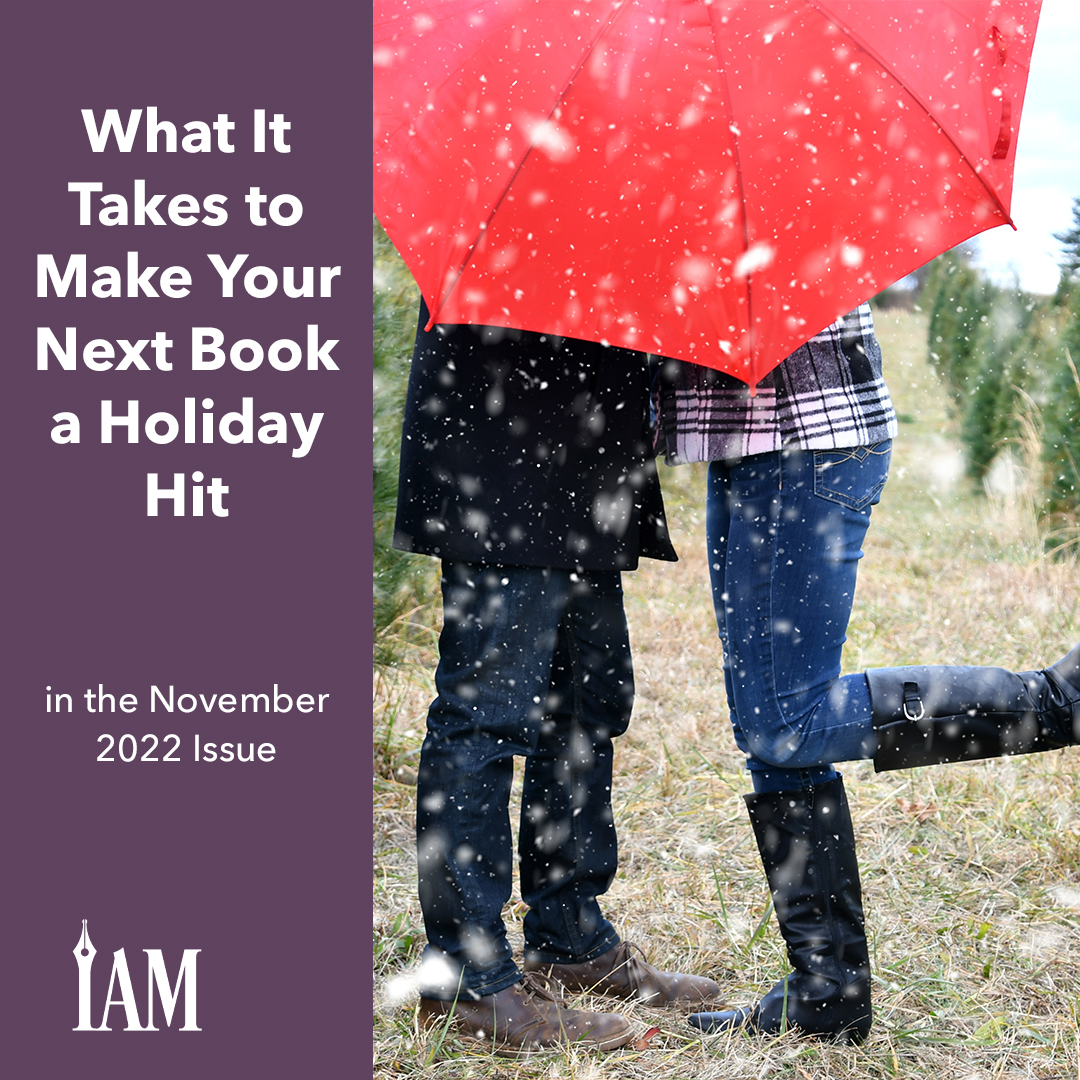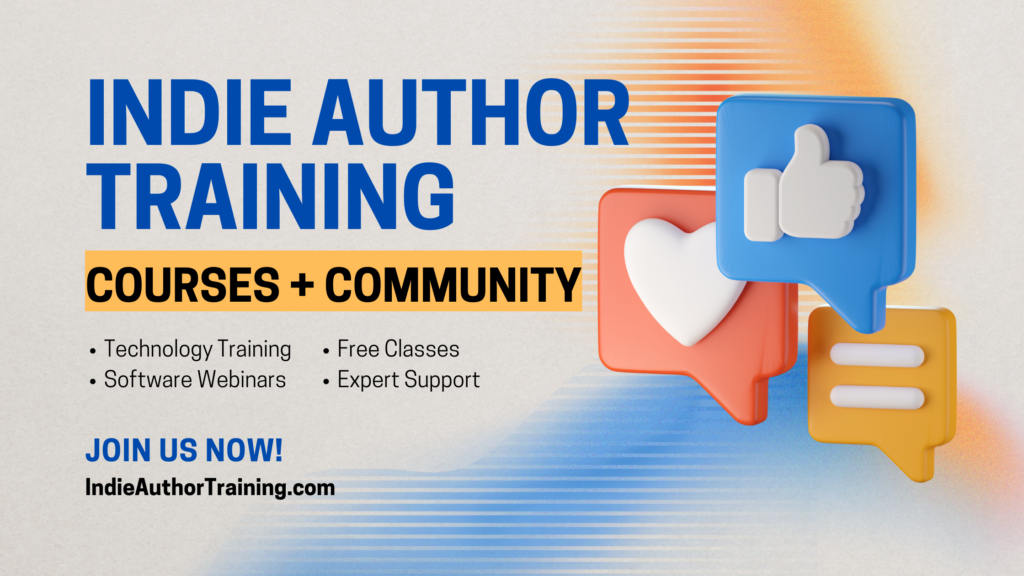This issue falls as autumn begins, at least in the Northern Hemisphere. But writers invariably set Christmas-themed books amid images of pine trees laden with snowy boughs, despite 50 percent of the world experiencing the height of summer on December 25. It is a statement to the cultural prevalence of this part of the globe over its southern neighbors: Our seasonal tropes dominate certain genres.
Of course, they aren’t the only tropes that signify a holiday story. Some genres already cry out for holiday associations. Cozy Mysteries work well with the social events that fill our diaries throughout the year and allow the writer to get creative with the obligatory puns in their books’ titles. Look at the charts across the year, and you will notice stories and book covers changing to match the season. Paranormal Mystery books can make a killing during October and November if linked to Halloween or the Day of the Dead. The same goes for Romance, particularly the sweeter variety. Producers pack the Hallmark Channel to bursting with Christmas movies from mid-November onward; meanwhile, first-love stories and coming-of-age shows hold their own just as well in the summer.
It works for other genres too. Many people argue about whether Die Hard is a Christmas movie, but no matter which side of the debate you take, the film’s popularity is undeniable. Even three decades after its release, the movie—which was originally based on Roderick Thorp’s novel Nothing Lasts Forever—tops the charts as the most-watched holiday movie in four states, according to a 2018 study by StreamingObserver. We do not traditionally link Action Thrillers to the holidays, but adding the poignancy of a potentially ruined Christmas adds to the urgency of the story—and makes for some great cinematography. And for atmosphere, you would need to go a long way to beat James Ellroy’s 1990 novel L.A. Confidential and the 1997 movie of the same name. Christmas features as a key twist in the story, as it fictionalizes the true events of Black Christmas 1951 for narrative effect.
So could your story benefit from linking it to one of the many holidays celebrated in either hemisphere?
Dickens’ A Christmas Carol is a tale of penance and reconciliation. As a ghost story, it could have been told at any time of the year, but placing it in a specific time and space—a time and space we all recognize and have emotional attachments to—makes the story more powerful. It also means it’s revised, reread, and reinterpreted every Christmas, bringing its message to new generations year after year.
Imagine a post-apocalyptic tale set against a yuletide backdrop with sad, battery-powered twinkly fairy lights following a nuclear explosion. It is easy to imagine the threat of a serial killer who only strikes every Fourth of July or a Domestic Thriller that turns as cold as the turkey leftovers after a fraught Thanksgiving meal. The possibilities are endless.
Books can also pull inspiration from holiday traditions, the weather, or just the nature of the holiday season itself. Holidays bring people together, so consider stories in which feuding families are forced to bury the hatchet, possibly in each other’s backs; or in which singles struggle to bring plus ones to a string of summer weddings until they finally find true love themselves.
Think you can’t link your books to our world’s holidays? Your story world likely has its own festivals and traditions. Shapeshifters, time travelers, space warriors—they can all benefit from rooting their activities around local events and festivities. The Hunger Games are held every year and for some are a time of celebration, feasting, and merriment. Perhaps your dystopian world’s arranged marriages have inspired a strange twist on Valentine’s Day, or the Chosen One’s birthday is marked with celebrations and traditions.
The Holiday Bonus
For some genres, ensuring you release your books to coincide with a specific holiday could add extra dollars to your bank account. Depending on how quickly you write, you may have to draft your Christmas novel on the United States’ Independence Day, July 4, or France’s Bastille Day, July 14, when you’re surrounded by talk of ice cream sundaes and skinny-dipping in the lake. Just make sure you capitalize on the holiday setting in your cover art and lock down your designs as soon as possible to begin promotion at the end of September.
And even for other genres where the link to the holidays is less commercially obvious, remember that such connections can provide a useful hook on which to hang your hero’s journey. We all have an emotional memory of such occasions. All readers will have experienced such events in their own lives, whether good or bad. You may not call your world’s tradition “Halloween,” but the concept of a time when the veil between worlds is at its thinnest opens up a myriad of storytelling possibilities. Perhaps, in your universe, October 31 marks the beginning of a month of renewal and reflection, where the living stay in their houses and fast while the undead roam the shopping malls and party hard.
Take some time to consider how using the magic, mystery and sometimes misery of the holidays can work for you as a writer. It might surprise you just how many holiday tales there are still to tell.
Susan Odev






